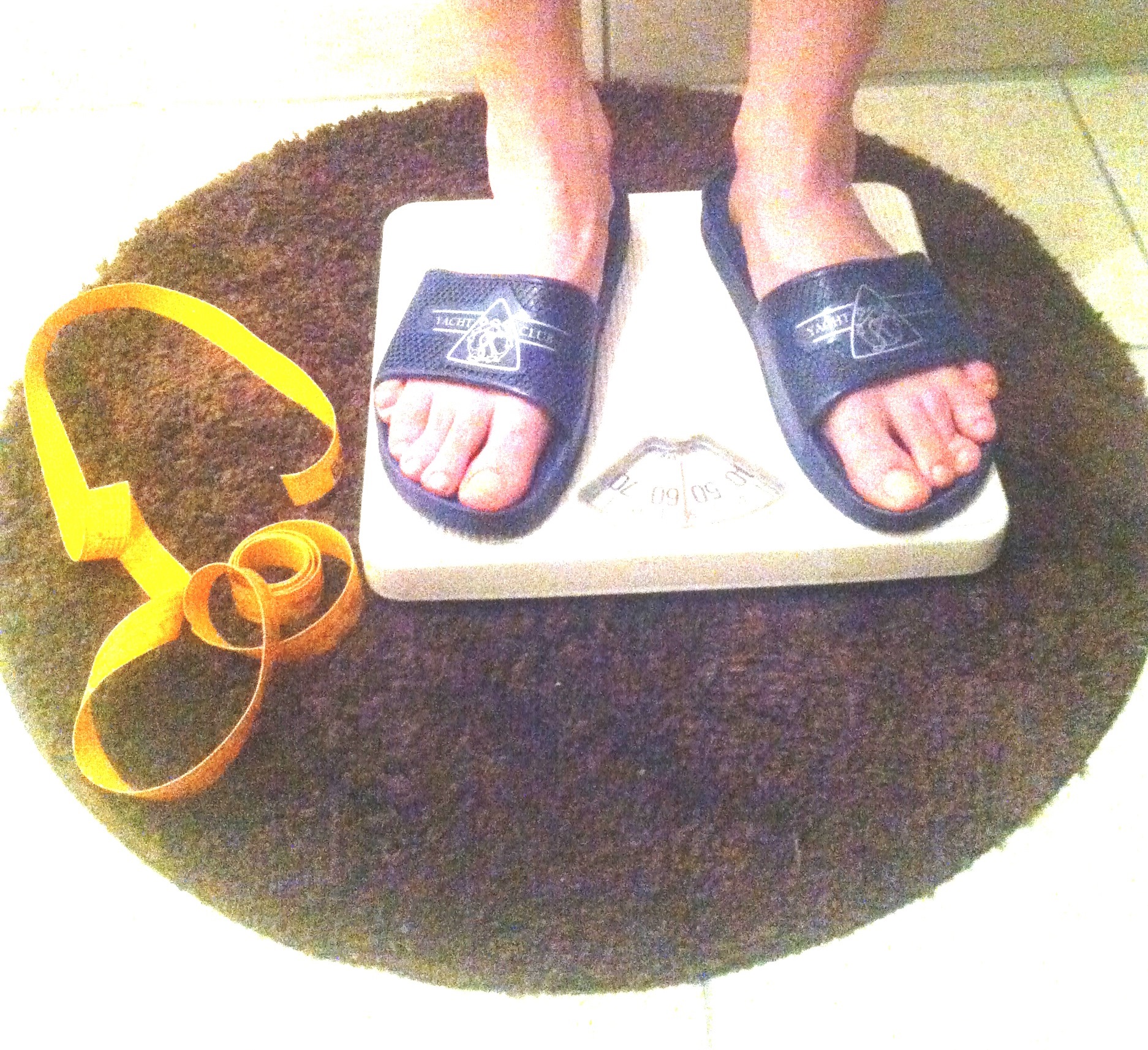The Foodscape Argument: When Fatphobia Poses as Radical Social Critique

It is a contradiction to work for social justice and perpetuate fatphobia at the same time. This should be obvious, and yet many people with strong commitments to social justice often use rhetoric that entrenches the oppression of fat people. A popular, but pernicious, set of fatphobic assertions takes the form of what some scholars refer to as the “foodscape argument.” On its surface, the foodscape argument (which is also known as the “obesogenic environment” thesis, or the “environmental” theory of fatness) seems progressive. The theory postulates that western industrial societies are experiencing an “epidemic” of “obesity,” which is driven in large part by economic inequality. According to the foodscape argument, low-income people lack access to nutritious foods and are…



